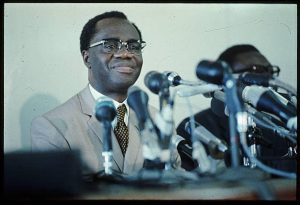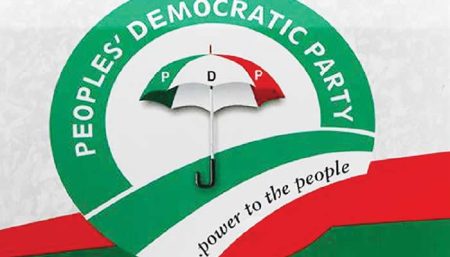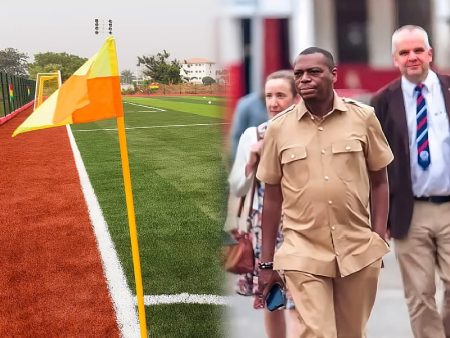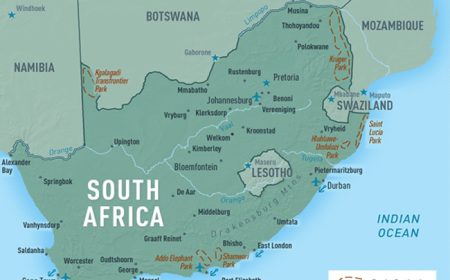The local government council elections in Woji Ward 6, Obio/Akpor Local Government Area of Rivers State, experienced a delayed start on Saturday due to the late arrival of election materials and a low turnout of voters. As of 10:12 a.m., several polling units, including Units 1, 2, 3, 4, 5, 15, 29, and 30, were still awaiting the arrival of the necessary materials, preventing the commencement of accreditation and voting. Only a small number of voters were present at these locations, engaging in discussions while anticipating the arrival of materials and the opportunity to cast their ballots. The absence of security personnel at the polling units was also noted.
The delay in the arrival of election materials caused frustration among some voters who had arrived early, eager to participate in the electoral process. Mr. Kingsley Amadi, a voter at Polling Unit 29, expressed his disappointment at the delay but remained optimistic that the process would eventually proceed smoothly and transparently. He attributed the low voter turnout to the political turmoil that had characterized the period leading up to the election. Another voter, identified as Oroma, echoed the sentiment of hope, expressing confidence that the election would accurately reflect the will of the people.
The logistical challenges encountered in Woji Ward 6 underscored broader concerns about the organization and efficiency of the local government elections across Rivers State. The elections, encompassing both chairmanship and councillorship positions, were being held simultaneously in all 23 Local Government Areas of the state. The delays and low turnout in Woji Ward 6 raised questions about the preparedness of the electoral authorities and the potential impact of these issues on the overall credibility and participation in the elections.
The political context surrounding the elections likely contributed to the voter apathy observed in Woji Ward 6. The pre-election period was marked by political tensions and disputes, potentially discouraging some voters from actively participating in the electoral process. The lack of visible security presence at the polling units may have also contributed to the low turnout, as some voters might have felt apprehensive about their safety and security while exercising their right to vote.
The late arrival of election materials, coupled with the low voter turnout, raised concerns about the potential for disenfranchisement and the overall legitimacy of the election results. The ability of citizens to exercise their right to vote is a cornerstone of a functioning democracy, and any obstacles that hinder this process can undermine public trust and confidence in the electoral system. The experiences in Woji Ward 6 highlighted the importance of adequate preparation and logistical planning to ensure the smooth and timely conduct of elections.
The Rivers State electoral authorities faced the critical task of addressing the challenges encountered in Woji Ward 6 and ensuring that all eligible voters had the opportunity to participate in the democratic process. The timely delivery of election materials, the provision of adequate security, and efforts to encourage voter participation were crucial for ensuring the credibility and legitimacy of the local government elections. The outcome of these elections would play a significant role in shaping local governance and development in Rivers State, underscoring the importance of a fair and transparent electoral process.














